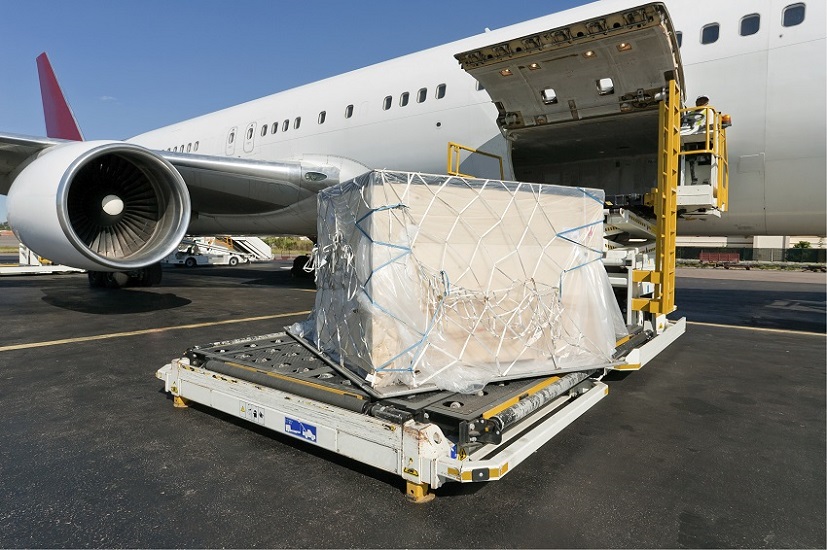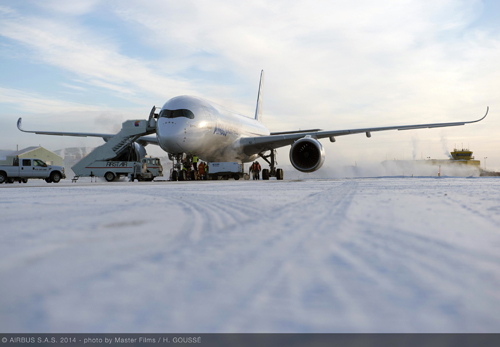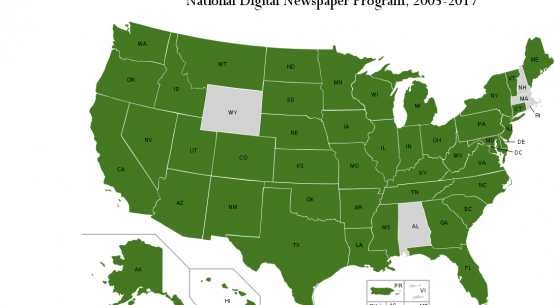
Loading platform of air freight to the aircraft
Air Cargo World – In trade wars, there tend to many casualties and few winners. But in the current politically charged climate, a trade war is now a reality, as the United States decided in March to adopt an aggressive protectionist policy to correct what the Trump administration believes is a crippling trade deficit between the U.S. and several major trading partners.
In March, President Trump pledged to impose 25 percent tariffs on steel imports and 10 percent tariffs on aluminum imports from Canada, Mexico and the European Union.
 This month, the President said that, by July 6, the United States will impose stiff 25 percent tariffs on several kinds of Chinese goods, worth an estimated US$34 billion – a figure that could rise as high as $200 billion if the list of goods is widened.
This month, the President said that, by July 6, the United States will impose stiff 25 percent tariffs on several kinds of Chinese goods, worth an estimated US$34 billion – a figure that could rise as high as $200 billion if the list of goods is widened.
Then, over the last weekend, another salvo was fired. China answered that it would match the value of the U.S. tariffs by placing their own tariffs on American perishable exports, including beef, poultry, pork, dairy products, seafood, tobacco and soybeans.
China also hinted that another $16 billion in tariffs could be slapped onto more American goods, such as coal, crude oil, natural gas and medical equipment.
It’s a tense situation, and no one, as of today, seems to be willing to back down from the aggressive rhetoric. But if China, the North American countries and the E.U. start to follow through on these threats, what will it mean for air cargo markets?
Here are a few scenarios that Air Cargo World thinks may play out in the coming weeks or months:
A chilling effect on demand
As Brandon Fried, executive director of the U.S Airforwarders Association, wrote in our June issue, the course of action the administration has taken with tariffs could result in some unintended consequences, such as a reduction in demand for air cargo.
 Although most of the goods affected by the tariffs are not typically shipped by air, the chilling effect of protectionism could affect all types of transportation modes.
Although most of the goods affected by the tariffs are not typically shipped by air, the chilling effect of protectionism could affect all types of transportation modes.
“As the promising new business-friendly tax law takes effect in the U.S., the imposition of tariffs could dampen forecasted explosive growth, and the imposition of the duties may discourage an expected surge in freight volumes,” Fried said. “Inflation might also increase due to more expensive raw materials, which may cause American-built goods to become more expensive as a result.”
Tariffs will have little effect on the U.S. trade deficit
Other critics have said flat out that the tariff will do nothing to reduce the U.S. trade deficit.  The Bloomberg editorial board put it bluntly earlier this week: “There’s no need for this reckless unilateralism,” the editors wrote. “The Trump administration’s theory of trade is fundamentally wrong. It sees bilateral trade imbalances as evidence of unfair practices. In fact, in a world without tariffs or trade barriers of any kind, a roughly similar pattern of surpluses and deficits would still arise, as a result of macroeconomic imbalances and other factors. There’s no polite way to say this: Trump’s goal of smaller deficits through better deals is simply delusional.”
The Bloomberg editorial board put it bluntly earlier this week: “There’s no need for this reckless unilateralism,” the editors wrote. “The Trump administration’s theory of trade is fundamentally wrong. It sees bilateral trade imbalances as evidence of unfair practices. In fact, in a world without tariffs or trade barriers of any kind, a roughly similar pattern of surpluses and deficits would still arise, as a result of macroeconomic imbalances and other factors. There’s no polite way to say this: Trump’s goal of smaller deficits through better deals is simply delusional.”
The U.S. will be hurt the most by tariffs
The ultimate irony, said some critics, is that no one will be more negatively affected by the trade barriers than American businesses.
Sebastiaan Scholte, chair of TIACA and CEO of Jan de Rijk Logistics, said in March that steel and aluminum workers represent a “tiny fraction of the American jobs market,” meaning the tariffs will help very few American workers. “Much more people are employed in steel-dependent industries, where these materials are used to make everything from cars, buildings, and washing machines to refrigerators, electronic devices, and even canned food. More expensive steel and aluminum will get passed on to businesses and consumers. Companies might even consider moving production and in general, this will negatively impact employment. No one comes out on top in a trade war.”
“Much more people are employed in steel-dependent industries, where these materials are used to make everything from cars, buildings, and washing machines to refrigerators, electronic devices, and even canned food. More expensive steel and aluminum will get passed on to businesses and consumers. Companies might even consider moving production and in general, this will negatively impact employment. No one comes out on top in a trade war.”
The E.U.’s commissioner for trade, Cecilia Malmström, also emphasized in a statement that the tariffs will have “a negative impact on trans-Atlantic relations and on global markets.”
Also she said, the actions “will raise costs and reduce choice for U.S. consumers of steel and aluminum, including industries that import these commodities.”
Regarding steel deficits, “the root cause of problems in these two sectors is global overcapacity caused by non-market-based production,” Malmström added.
“This can only be addressed at the source and by working with the key countries involved. This go-it-alone action by the U.S. will not help.”
A short-term traffic surge
Not all trade-war ramifications are entirely negative – at least in the short term. For instance, AfA’s Fried noted that there is currently a scramble among some shippers and forwarders to move goods before the July 6 deadline – a situation made worse by the recent grounding of 11 Nippon Cargo Airlines freighters due top maintenance issues.
 “As I think about the NCA freighter situation, a concern about those shippers trying to beat the looming tariffs comes to mind,” Fried said. “Many of the commodities targeted may not be suitable for passenger belly flights but the NCA planes would be well-suited for that type of cargo.”
“As I think about the NCA freighter situation, a concern about those shippers trying to beat the looming tariffs comes to mind,” Fried said. “Many of the commodities targeted may not be suitable for passenger belly flights but the NCA planes would be well-suited for that type of cargo.”
Speaking to the New York Times, John Manners-Bell, CEO of Transport Intelligence, said “there will be a surge in exports from China and from the U.S. as the date approaches. We have certainly seen that in the past with these sorts of impositions of tariffs and quotas.”
Manners-Bell and Fried both expect air rates to begin soaring as the deadline gets closer and more companies begin shifting of some cargo from seafreight to air.
The actions could harm other international agreements for years to come.
Perhaps the most ominous fallout from the tariffs may not be noticed for many years as borders become less friendly and carefully created air cargo trade-lane agreements can suffer – even among long-term allies. Another potential problem is that other countries may erect similar trade barriers around the world.
 Jean-Claude Juncker, president of the European Commission, said protectionism “cannot be the answer” to trade disputes. “Instead of providing a solution, this move can only aggravate matters,” he wrote. “We will not sit idly while our industry is hit with unfair measures that put thousands of European jobs at risk… The EU will react firmly and commensurately to defend our interests.”
Jean-Claude Juncker, president of the European Commission, said protectionism “cannot be the answer” to trade disputes. “Instead of providing a solution, this move can only aggravate matters,” he wrote. “We will not sit idly while our industry is hit with unfair measures that put thousands of European jobs at risk… The EU will react firmly and commensurately to defend our interests.”
Speaking in Berlin earlier this month at a multilateral trade meeting, Roberto Azevêdo, director-general of the World Trade Organisation, said that “rising trade tensions risk a major economic impact, undermining the strongest sustained period of trade growth since the financial crisis. They also pose a real systemic threat, risking far greater impacts in the longer term.”
Azevêdo continued: “Many would agree that the trading system is imperfect and that it needs reform. I would agree with that, but I would also say that the core principles of the system have tremendous value. They are the pillar on which many decades of stability, growth and development have been built. But we should also be seeking to strengthen and improve it, for the benefit of everyone. The best way to do this is through a new dialogue among leaders.”
.









